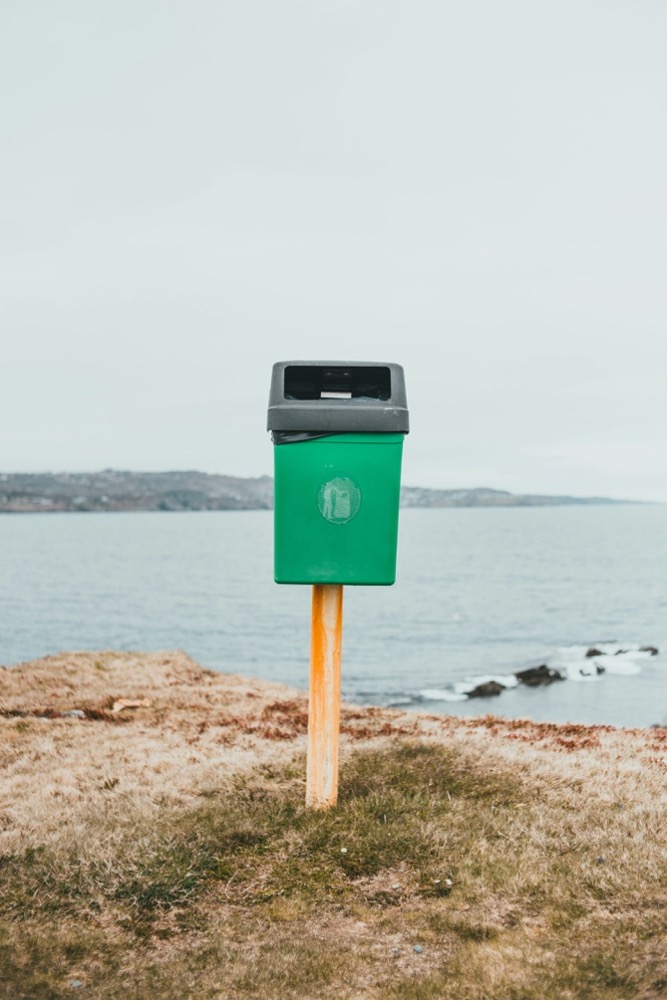
State Greenwashing Litigation: California Taking Steps Forward as Federal Enforcement Wanes
By Matthew McGovern
On September 23, 2024, the Attorney General of California sued ExxonMobil (“Exxon”) and its subsidiaries, alleging violations of misleading advertisement, misleading environmental marketing, and unfair competition laws. The misleading environmental marketing (“greenwashing”) claim focuses on Exxon’s involvement in promoting forms of recycling as a viable solution to the plastic waste crisis, while knowing that recycling would never work at scale. California’s allegations hold weight, and other states with similar laws should look to engage in similar litigation to target petrochemical companies for their involvement in this campaign.
The Landscape of Greenwashing Litigation
Individuals and regulatory actors now can target major companies for greenwashing. Most claims involve major corporations that deceitfully indicate that their product has environmental benefits through general advertisement campaigns. The Federal Trade Commission (“FTC”) published “Green Guides” that outline what constitutes unfair or deceptive environmental marketing as well as the possible defenses. Key to the Exxon case is section 260.12, which focuses on recyclable claims. The guides were first published in 1992 and have been continually updated since. The FTC enforces the “Green Guides” under the FTC Act, and usually end up entering a cease-and-desist against the violator.
The Exxon case represents a pivotal change in the scope of greenwashing litigation, which typically focuses on carbon emissions, instead of recycling. California has a specific statute to target greenwashing claims, which gives explicit statutory authority to the “Green Guides.” Businesses are not allowed to make general environment benefit claims, conveying that an item has no negative environmental impact. Corporate insights demonstrate the increasing liability risk greenwashing entails due to ambitious claims like California’s here against Exxon.
California’s Claims
California alleges that Exxon, the largest oil and gas company in the United States, and its predecessors utilized a systematic propaganda campaign over the past half-century to promote recycling. California chronicles the different public relations campaigns that Exxon and its predecessors employed. While promoting this campaign, Exxon has continually increased their production of single-use plastics, exacerbating the plastic waste crisis further. California noted in their complaint that Exxon produced an absurd amount, “roughly equivalent to two trillion single-use plastic cups in [2021] alone.” The complaint differentiates between “mechanical recycling,” which is the conventional form, and “advanced recycling,” in which chemicals break down plastics to molecular levels which can be created into new plastics.
Initially, the plastic producers used tactics to convince the public that mechanical recycling was the correct response to plastic pollution. They first turned toward “mechanical recycling” as the solution, shifting blame from the producers to the consumers. In 2017, the plastic producers even began to blame China for plastic pollution when a Chinese policy stopped plastic waste from being imported. California alleges that Exxon used a three-part strategy to deal with the negative public sentiment in the 1980s and 1990s: (1) spread deceptive information regarding the efficiency of recycling, (2) investments in short-term recycling projects, promising feasibility on a larger scale, and (3) divesting from recycling and continuing to produce more plastics. As data began to emerge demonstrating the inefficiencies of mechanical recycling, Exxon shifted toward promoting “advanced recycling.” However, this process has clear inefficiencies as well, as most of the end product is not usable plastic.
Exxon used every medium available in conjunction with their recycling campaign. They even tried to mislead educators and students, “A scientist from Exxon met with more than 2,000 students and other community members to teach the students that plastic packaging is better for the environment than other materials.” California also alleges that Exxon’s deceptive market practices shift costs to the taxpayer, as States grappling with regulatory schemes are forced to confront the plastic waste problem. Exxon is holding up the litigation’s progression through various procedural methods, but the case was just remanded back to state court.
Inspiration for other States
States should follow in California’s footsteps and initiate litigation under the same rationale. Over the past half-century petrochemical companies have capitalized on the normalization of single-use plastics, while effectuating the plastic waste crisis. Maine, Rhode Island, and Michigan have adopted most, if not all, of “Green Guides” into their laws. The advertising campaign that Exxon promoted was nationwide, as well as the harms resulting from production of single-use plastics.
Landmark litigation, like the Exxon case, publicizes judicial relief and spur debates regarding environmental concerns. Disseminating information like the inefficiency of recycling can create public knowledge leading to advocacy for a truly viable solution. As entities are forced to deal with the effects of climate change, judicial action can act as a safeguard from a corporation’s misrepresentation during their transition to attempting to reach net-zero.

